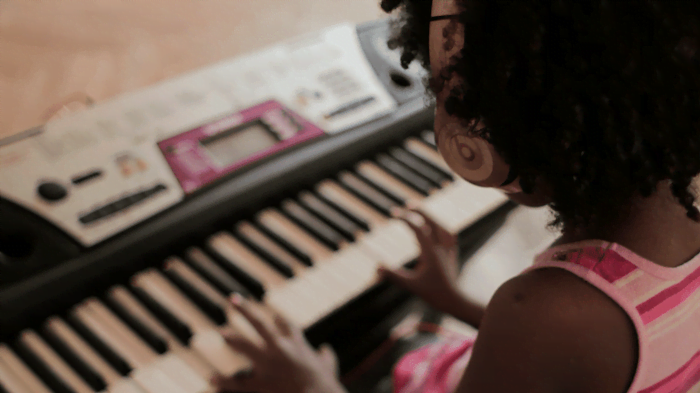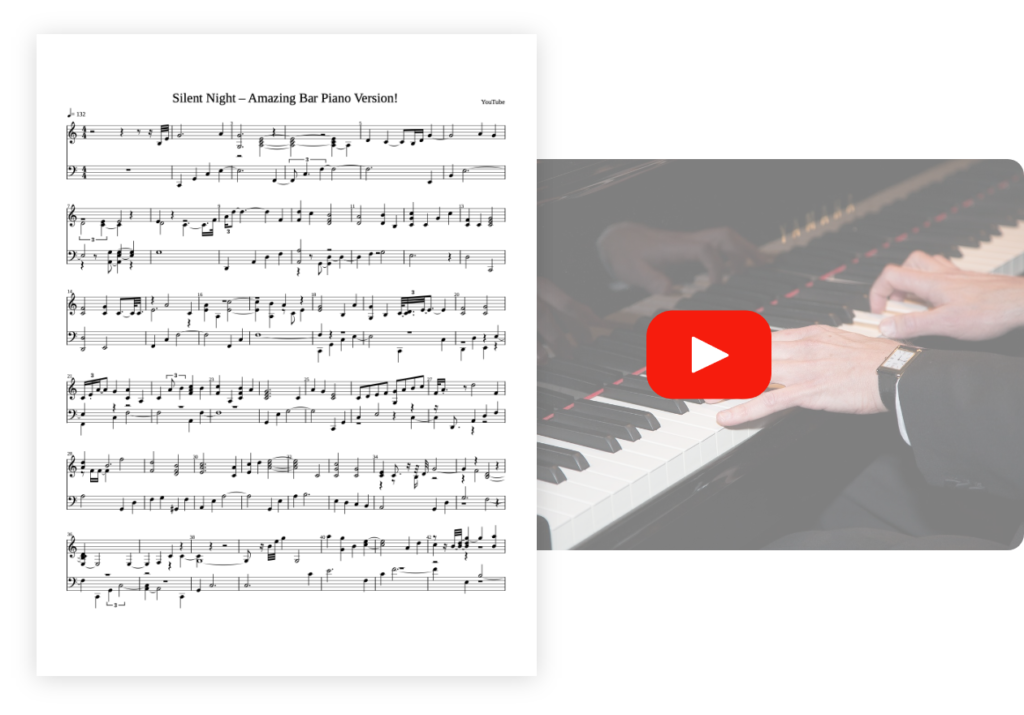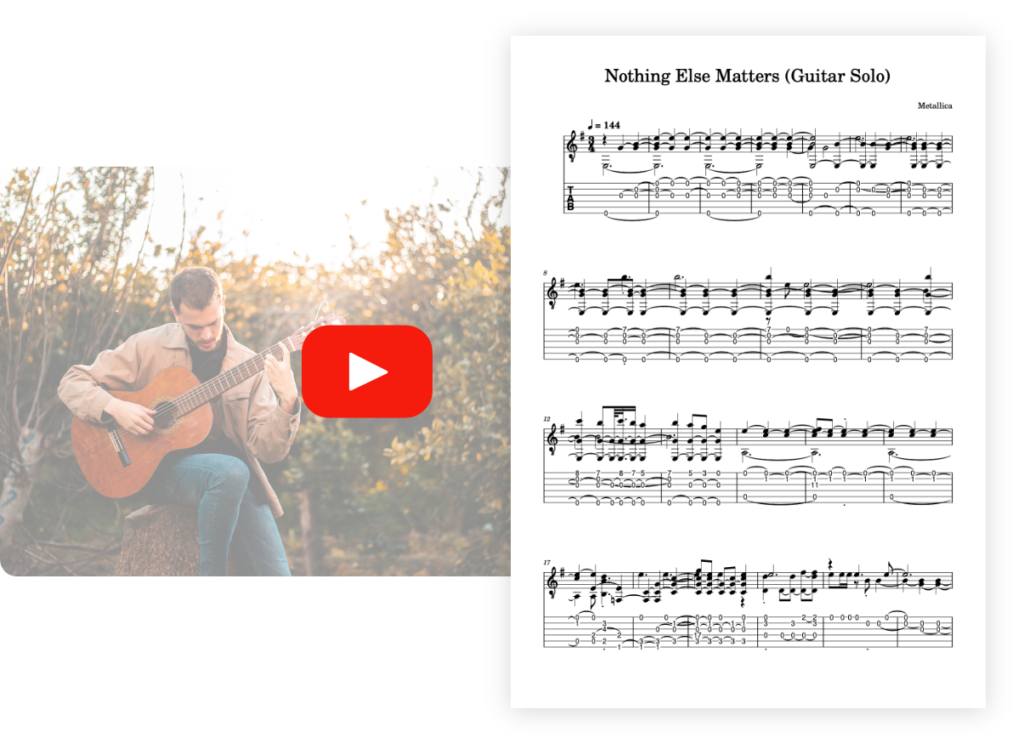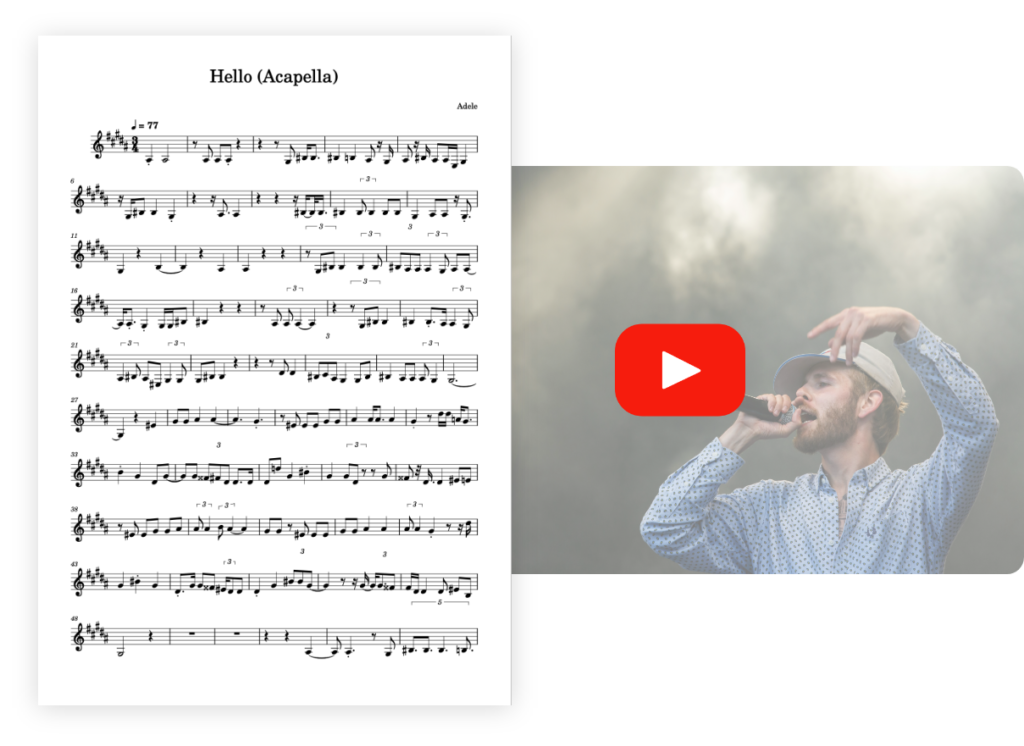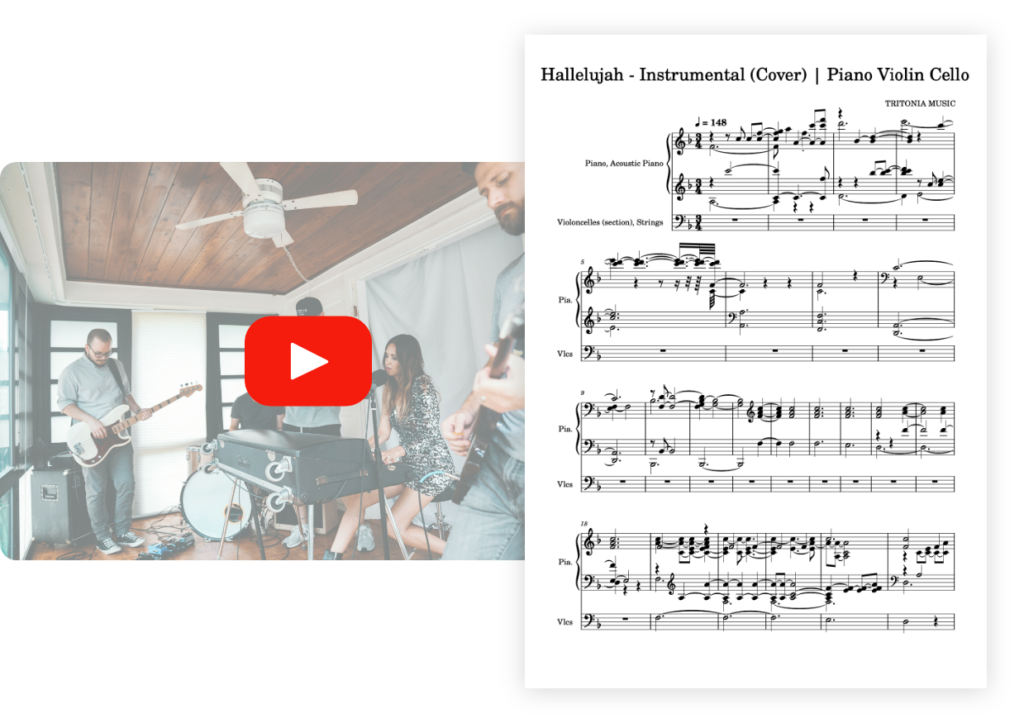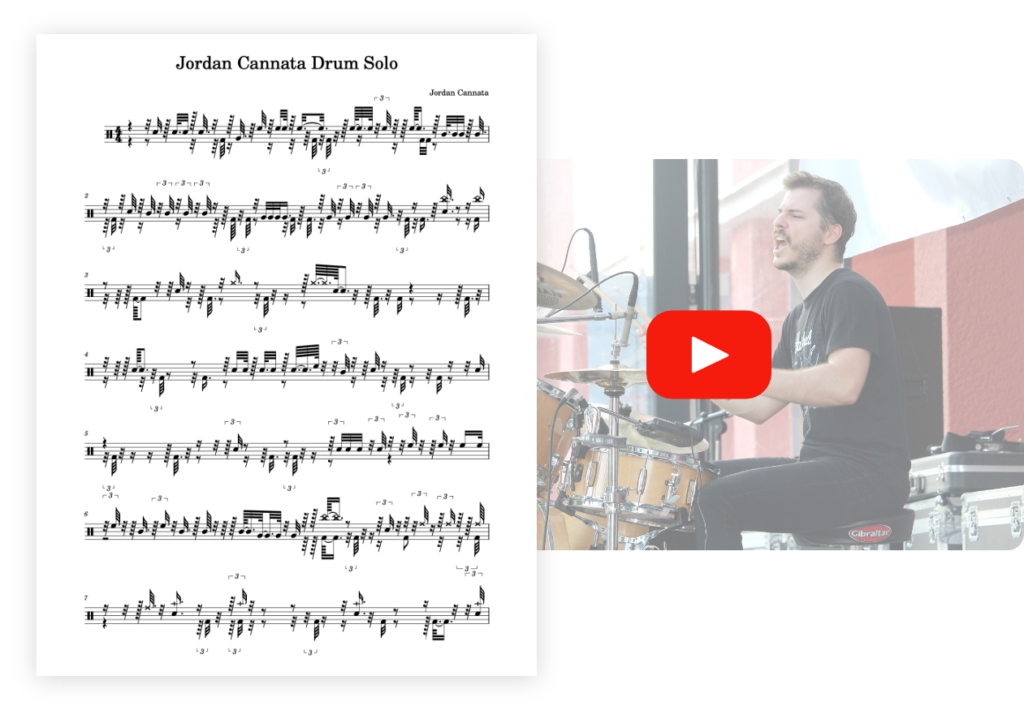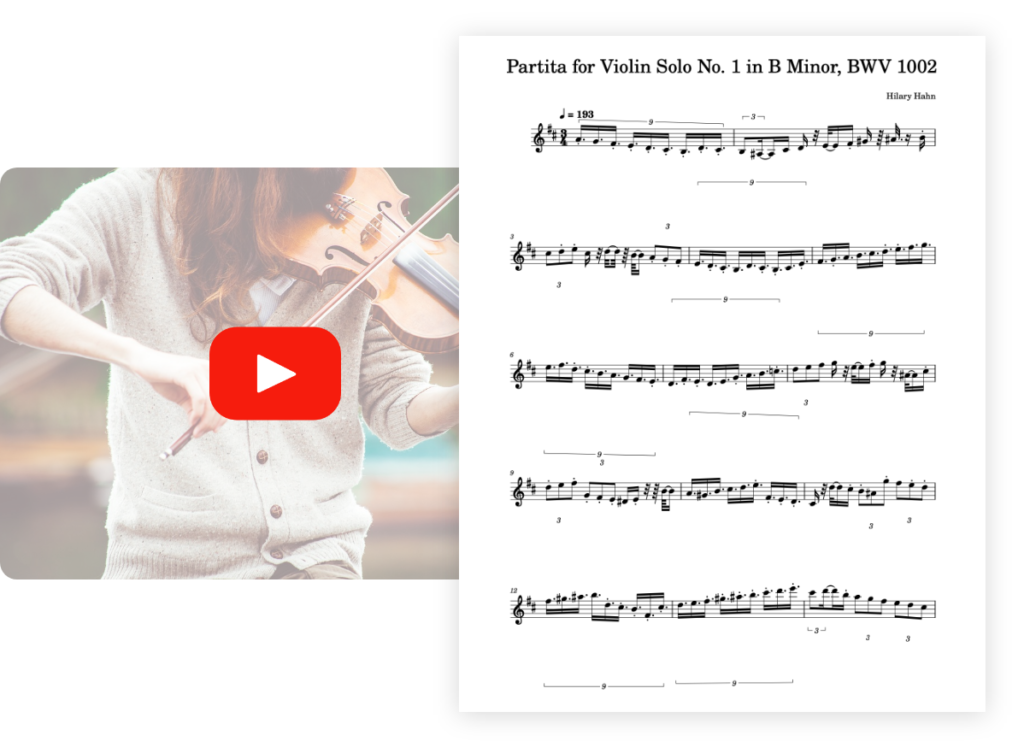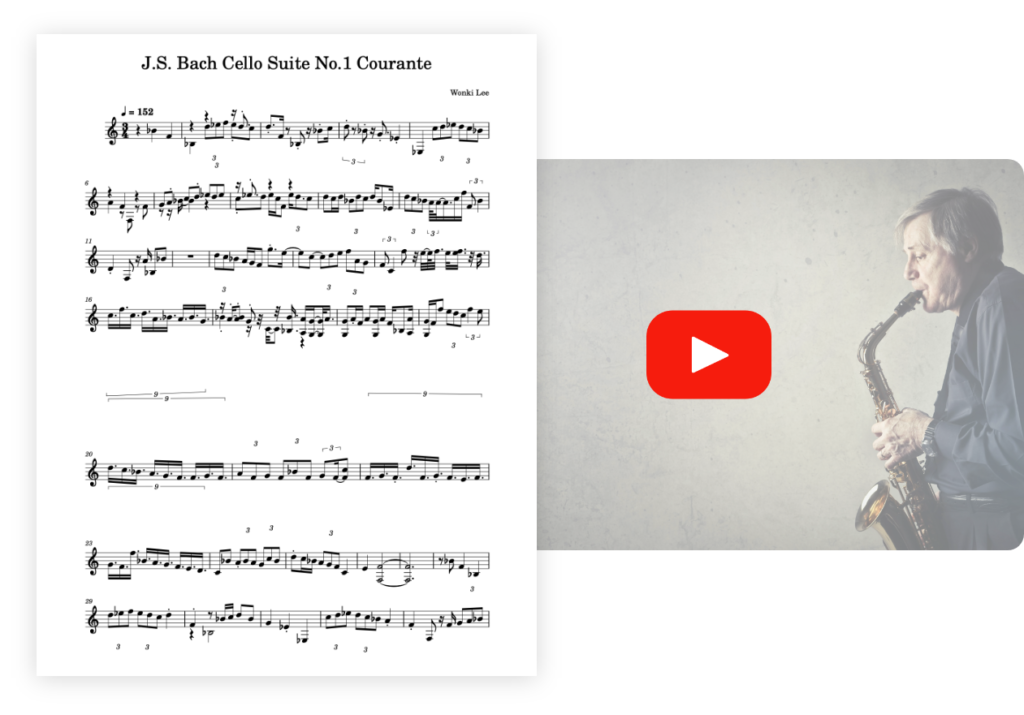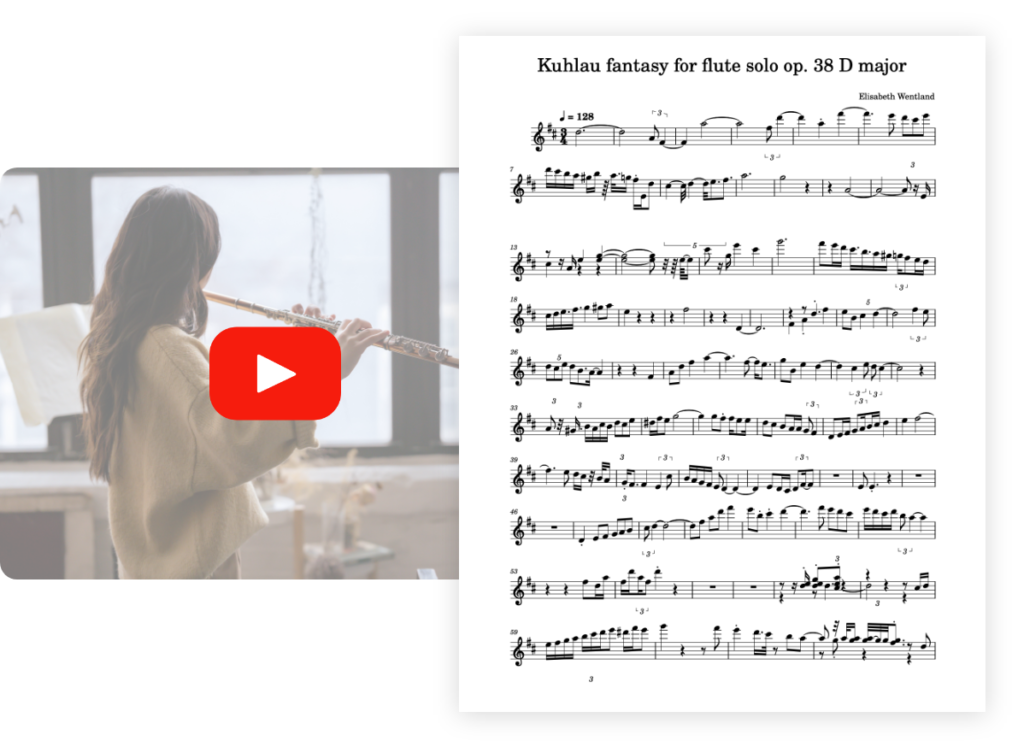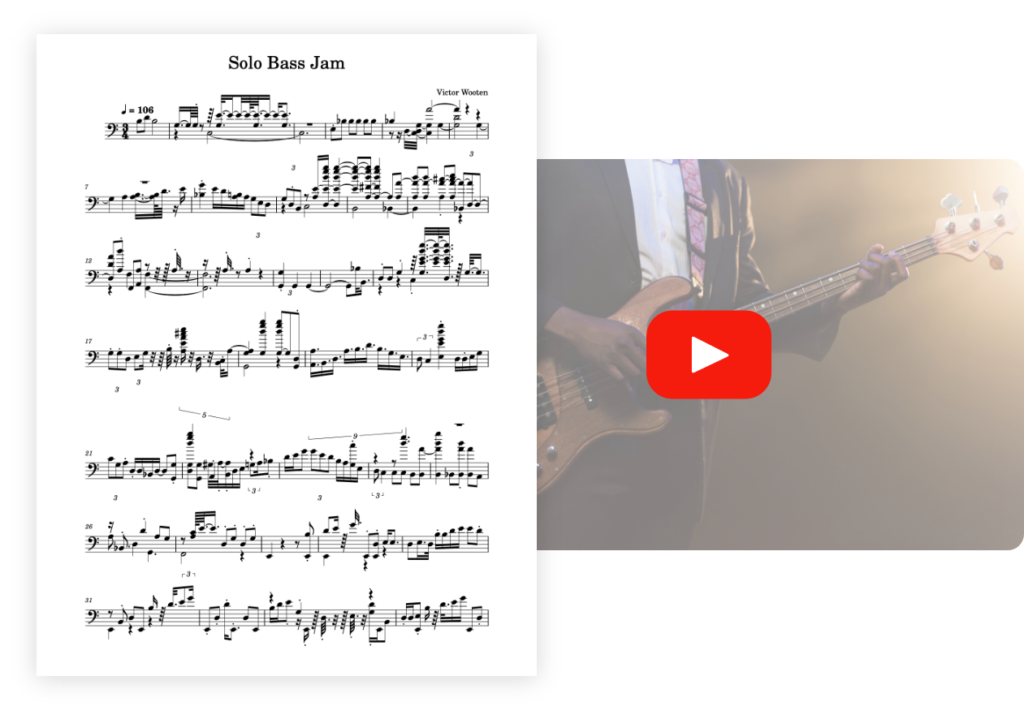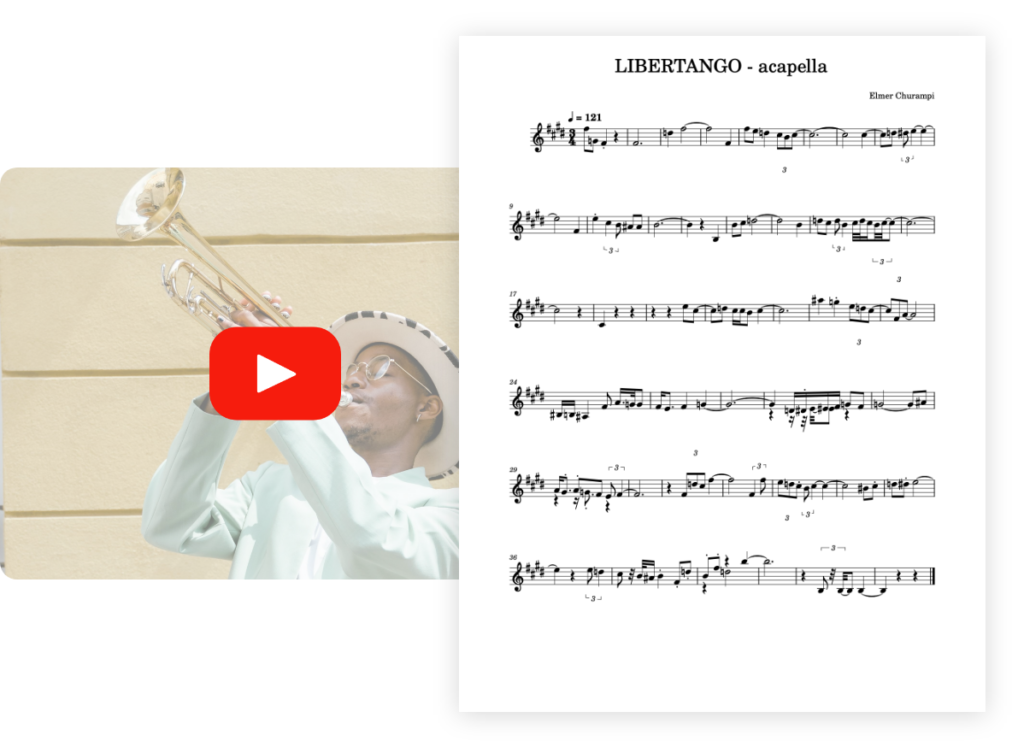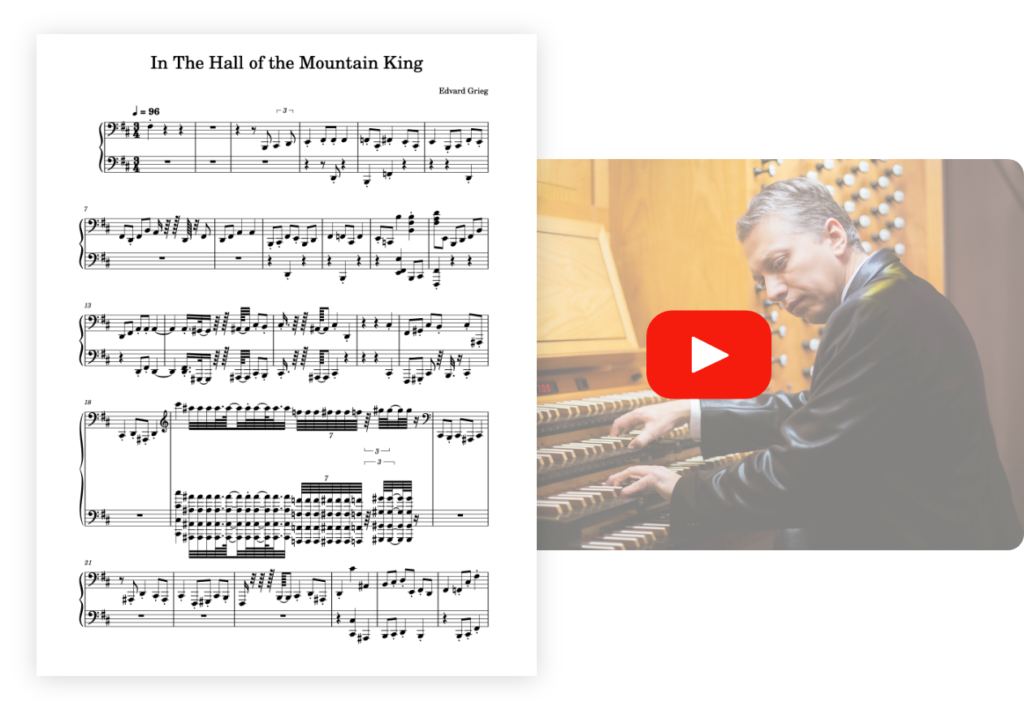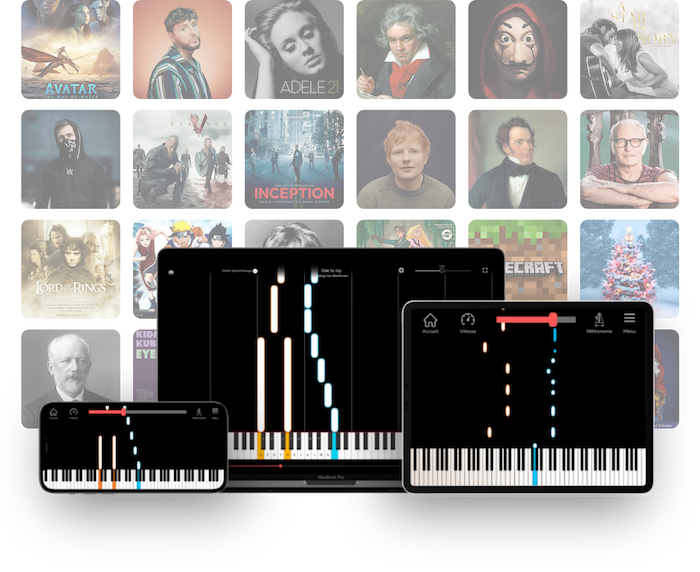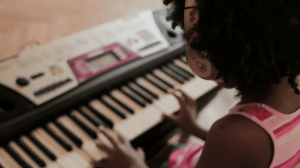Teaching Piano Lessons From Home: The Pros
First, we will look at teaching piano lessons from home. There are some great benefits to this, the first being the convenience of you not having to travel anywhere. Your students can come to you for their lessons. When working from the comforts at home, you also tend to feel more at ease since it is a familiar place.
Total Control of Your Piano Lessons and Space
Teaching piano lessons from home also lends itself to your own expertise and knowledge; you will have complete control over how to conduct your classes with your students. You do not have to worry about being questioned when it comes to your teaching methods or style.
You also have the freedom to create your environment for teaching piano as you see fit. Whether you want students to learn keyboard lessons, piano lessons, or both, you will solely make all of the decisions regarding your setup for your area to foster their development and guide them through their music studies. You can also use digital tools such as piano software.
Collaborate Freely
Another great pro to teaching your piano or keyboard lessons on your own is the ability to collaborate with other piano teachers. For example, suppose you wanted to host a workshop or a master class on an aspect of the piano that you feel passionate about and want to share with your students to help them further their education. In that case, you can connect with other teachers and create a workshop either online or within your own studio, without having to clear anything with a manager or other channels.
If you wanted to collaborate with another music school or work as an adjunct teacher, you have the freedom to do that as well. Sometimes, other schools, local churches, or musical academies might enlist your help for various workshops or events.

Teaching Piano Lessons From Home: The Cons
There are obviously some disadvantages to working on your own when teaching piano lessons, such as feeling lonely. If you are more of a social butterfly and like being around people or crowds, teaching piano on your own may not be the route you want to take since your only interaction will be with your students.
Teaching Within the Same Style / Techniques for Too Long
Working by yourself lends itself to becoming set in your ways. You might find yourself leaning on your teaching style and methods without deviation, and this can sometimes bore your students. Learning the same 5 easy piano songs in keyboard lessons or going over the same music theory exercises can also become boring for you as an instructor.
No one is prompting you to explore or continue your education and research across varying piano lesson methods, teaching styles, or techniques. The discipline to continue your learning and growing is entirely up to you. Over time, teaching methods can be upgraded and change, and it is essential to try to keep yourself aware of those potential changes. Working on your own, you do not always obtain the knowledge or are consistently updated on music trends or common interests.
You Control All Aspects of Your Teaching Business
Controlling the various aspects of your piano teaching is listed previously as a pro, but it can also be viewed as a disadvantage. Teaching piano lessons on your own also requires you to control all aspects of your business, including expenses, budgeting, and purchasing.
You might have to upgrade your keyboard, have your piano tuned, or purchase many piano books with music theory and songs for your students to practice with on your own. More times than not, these purchases can add up and be quite costly, even with claiming it on your taxes. It can be challenging to keep track of everything that goes along with running a business completely by yourself.
Yet another part of running the business on your own when teaching piano is that you must work to market and promote yourself. Most of the time, students will stay with their piano teachers until they graduate, but then it is off to college, or they give up the hobby in pursuit of making their own choices in life. To continually and consistently keep students coming in, you cannot always rely on word-of-mouth alone.
If you are not tech-savvy or know how to build a website and create content for social media postings or emails, working on your own is also not the best option for your teaching. Much of the marketing that teachers do today is done online and offers music lessons that way too to broaden your outreach.
Teaching Piano Lessons From A Music School: The Pros
Teaching with a school can have multiple advantages and benefits for you as a teacher. Suppose you decide to teach your piano lessons or keyboard lessons with an affiliated music school. In that case, there are many things regarding the aspects of the business that you do not have to worry about. The school will provide them for you.
Multiple Resources to Leverage
Many music schools can leverage resources to don’t have to take money out of your own pocket for things like sheet music, practice piano books, studio space, and more. They also will usually provide you with a specified budget for purchasing new piano or keyboard music and have you as a featured teacher on their website, email list, and social media channels.
In working with a music school many times, you will also have access to updates and changes, whether it involves changes in various things specific to your lessons or teaching piano as a whole. Many schools stay on top of trends and research to equip you with the best practices to obtain and maintain a solid reputation within their communities.
Many Other Teachers to Work With and Learn From
Typically, music schools would employ multiple teachers, which gives you the advantage to collaborate and work with them and learn things from them. It could be that you partner up with a fellow piano teacher to work on keyboard lessons, or maybe you can work with another teacher of a different instrument.
For example, if your students all perform in recitals, you might have the option to team up with a voice teacher. Your student would learn to play the piano for the voice student to perform the song. It can be valuable for students to work together and encourage one another in their strengths. It also benefits you in offering your student a more in-depth experience with their craft.
Structured Work Schedules and Enforced Policies
Most music schools already have policies and expected conduct in place so that students (and their parents) know what is expected from them upfront. Schedules are also well thought out, and you will have the same schedule every week, so there are no surprises.
Cancellations are less frequent since most of your lessons will be paid in advance, and there are regulations for students to follow when needing to cancel or make up their piano lessons. These details regarding your schedule structure and policies on missed or canceled classes are things you would have to figure out and establish with students if you conduct lessons independently.
Teaching Piano Lessons From A Music School: The Pros
Even though there can be many advantages to conducting your piano lessons through a music school, there are still some setbacks. Considering both sides of teaching, there are some complexities and challenges that arise when going through a music school.
Little Choice in Students or Schedule
One of the most significant factors that you should consider about working through a music school is that many of them will enroll students for you. What happens is that students will sign up to take their piano or keyboard lessons, and there is not always a good match for the student to teacher. In some cases, you may have to work with a problematic or lazy student, whereas if you have the ultimate decision in teaching for yourself, you can be more selective.
Along with having no choice in student, there may also be set hours for your teaching schedule. While this can be a pro, it can also be considered a con because you do not have the flexibility you would if you were to set your own teaching schedule.
Limited Teaching Space or Inadequate / Failing Equipment
Depending on the music school, the space you teach may not be the most conducive to teaching. When you work for a school, you do not choose where you train; the school will be the provider of your studio space or lack of it. In some cases, some schools only have a very tiny room for their teachers to work with students, and the lack of space can cause issues.
Along with the space problem, piano teachers may also have to teach students on pianos that aren’t tuned or keyboards that are not updated. Inadequate equipment does not lend itself well during lessons. It is pretty challenging for a piano teacher to conduct lessons on a piano or keyboard that does not produce the right sound.
Lack of Freedom or Limited Collaborations
Music schools may also limit your abilities to collaborate with other music teachers in the area or allow you freedom in your piano teaching methods or style. Some music schools can require you to sign specific contracts or agreements; be sure that you are reading all of the fine print so that you are aware of their rules and regulations regarding your teaching style and ability to work alongside others.
So, Which Options of Teaching the Piano Will You Choose?
Whatever method you choose – teaching piano on your own or through a music school – take time to explore each in more depth so that you can adequately assess and ultimately decide which way of teaching will work the best for you. It may be easier to work with a school that already has a solid reputation so that you don’t have to work for new students. On the other hand, it might be more liberating to have complete control working for yourself, designing your own studio, and developing your teaching business independently.
Teaching piano should bring both you and your students joy, with the ultimate goal being that you see your student adequately progressing on the piano with improved skills and grace. Finding the best way that you can provide support and guidance for your students to achieve their goals and objectives with the piano is the right choice to conduct your teaching.




 PianoConvert
PianoConvert
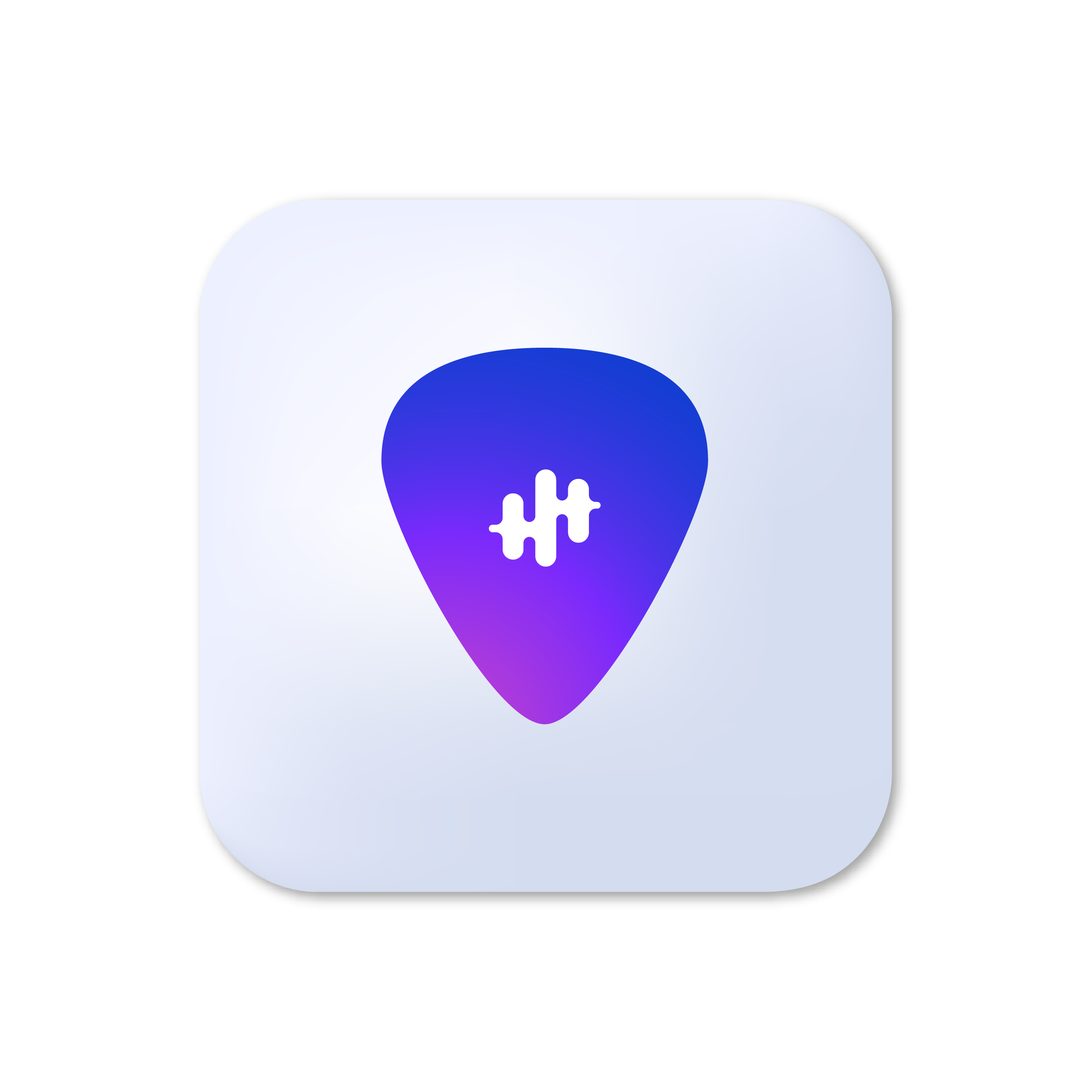 GuitarConvert
GuitarConvert
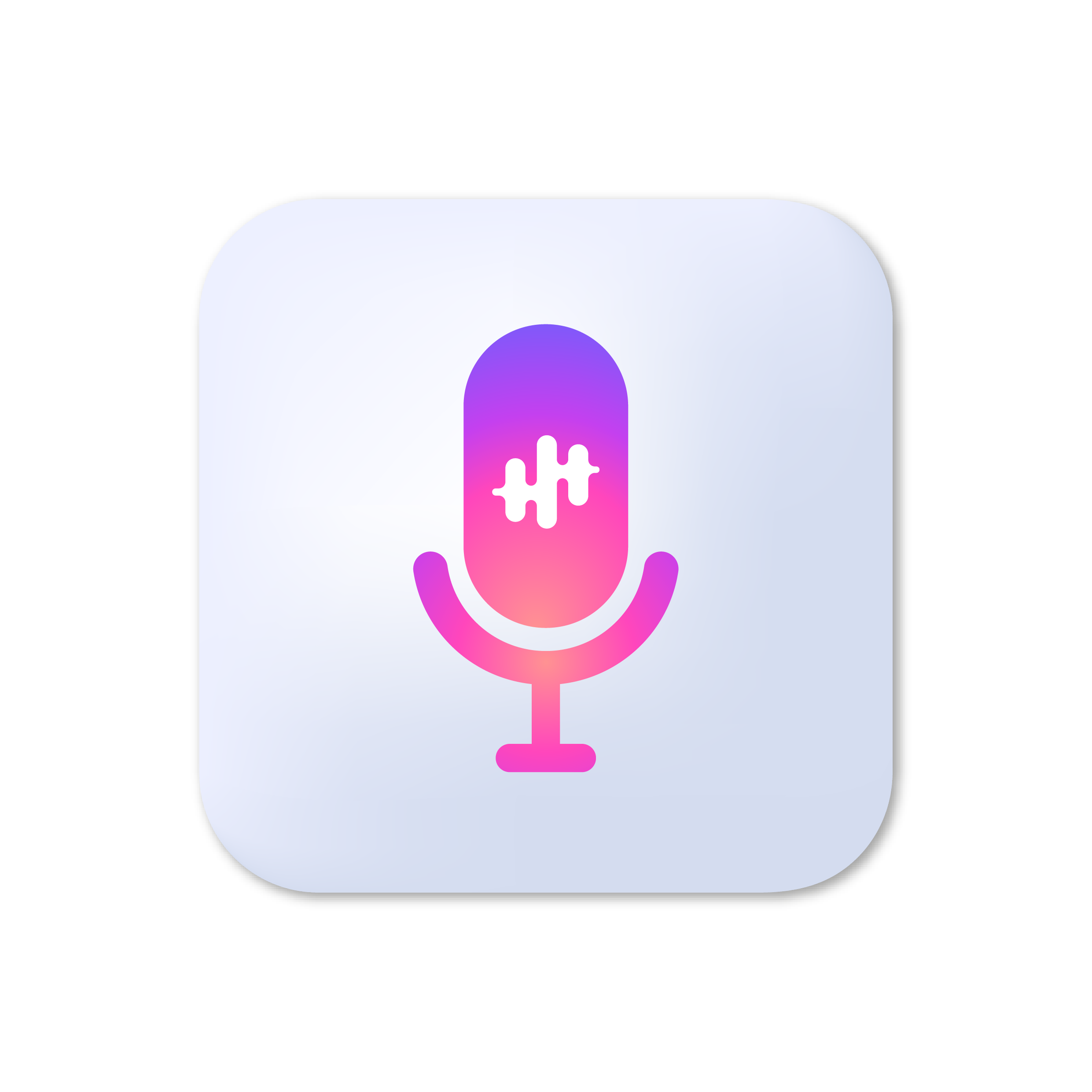 SingConvert
SingConvert
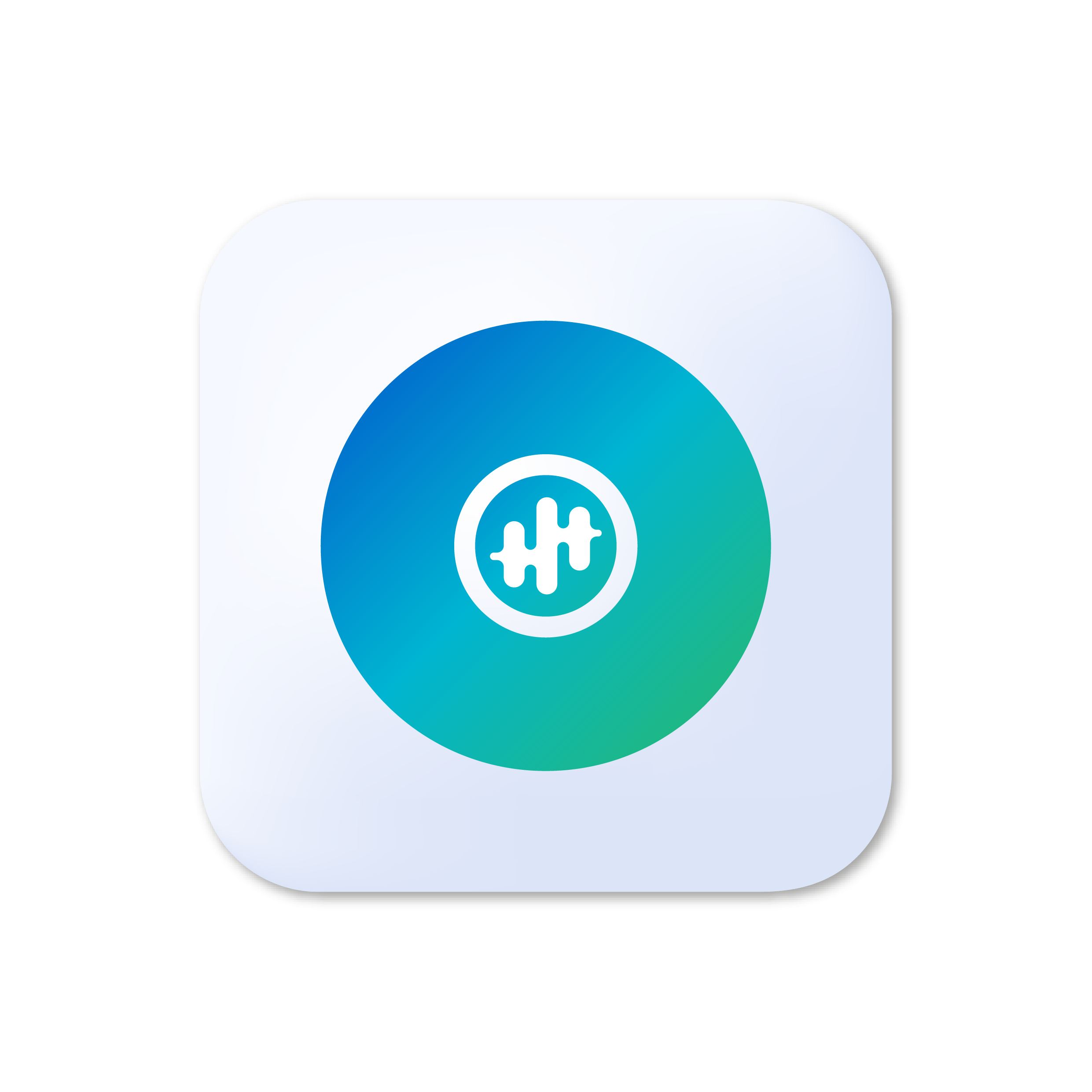 BandConvert
BandConvert
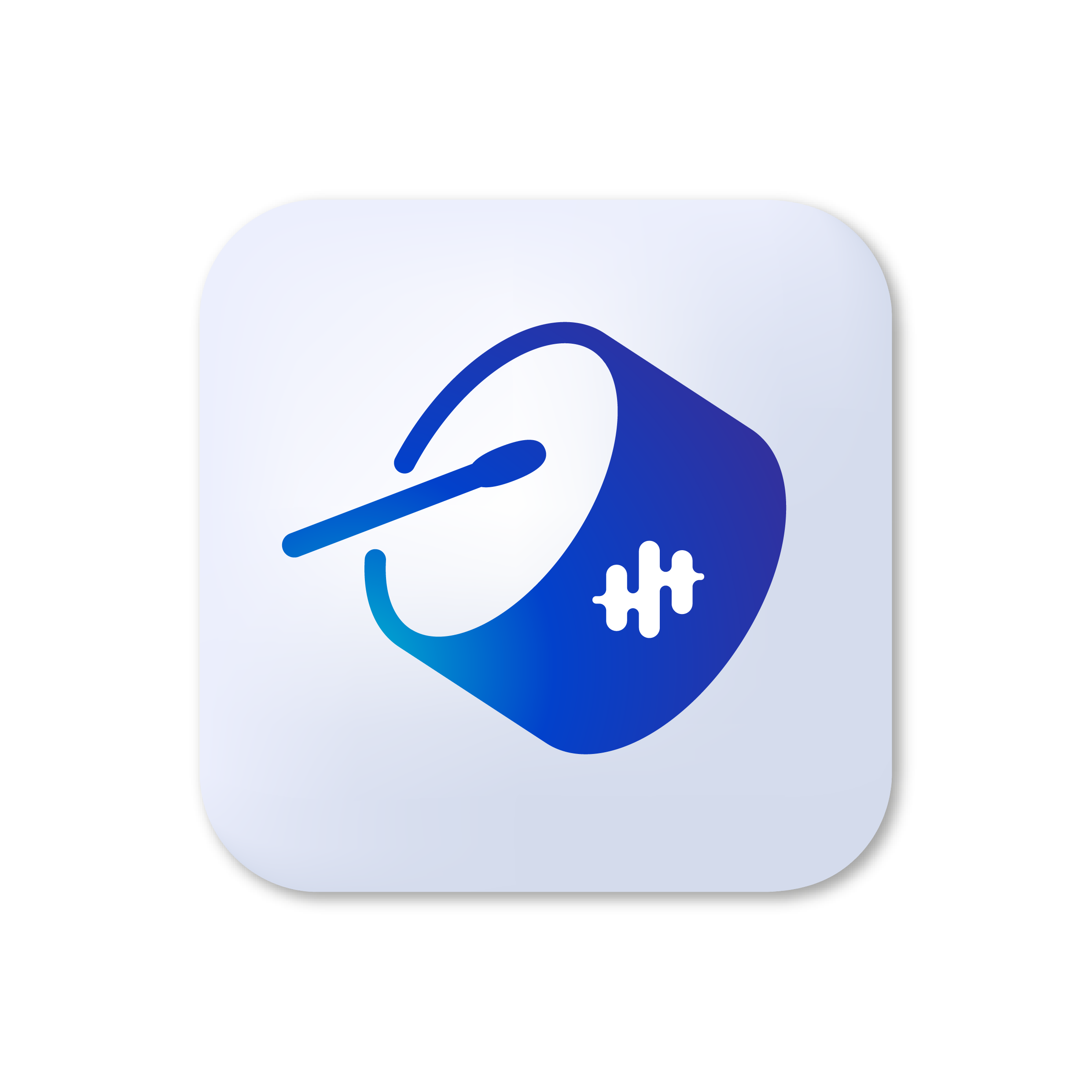 DrumConvert
DrumConvert
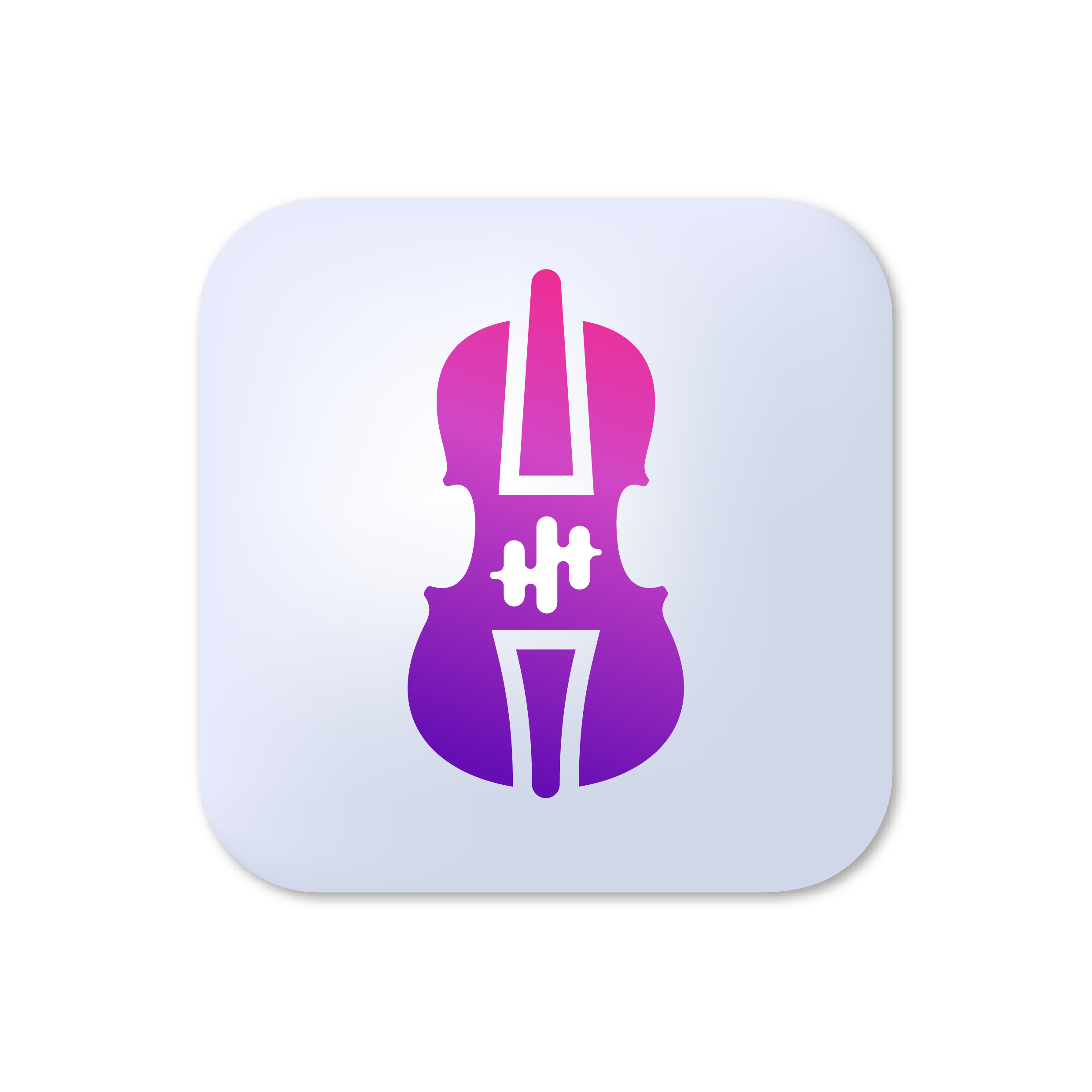 ViolinConvert
ViolinConvert
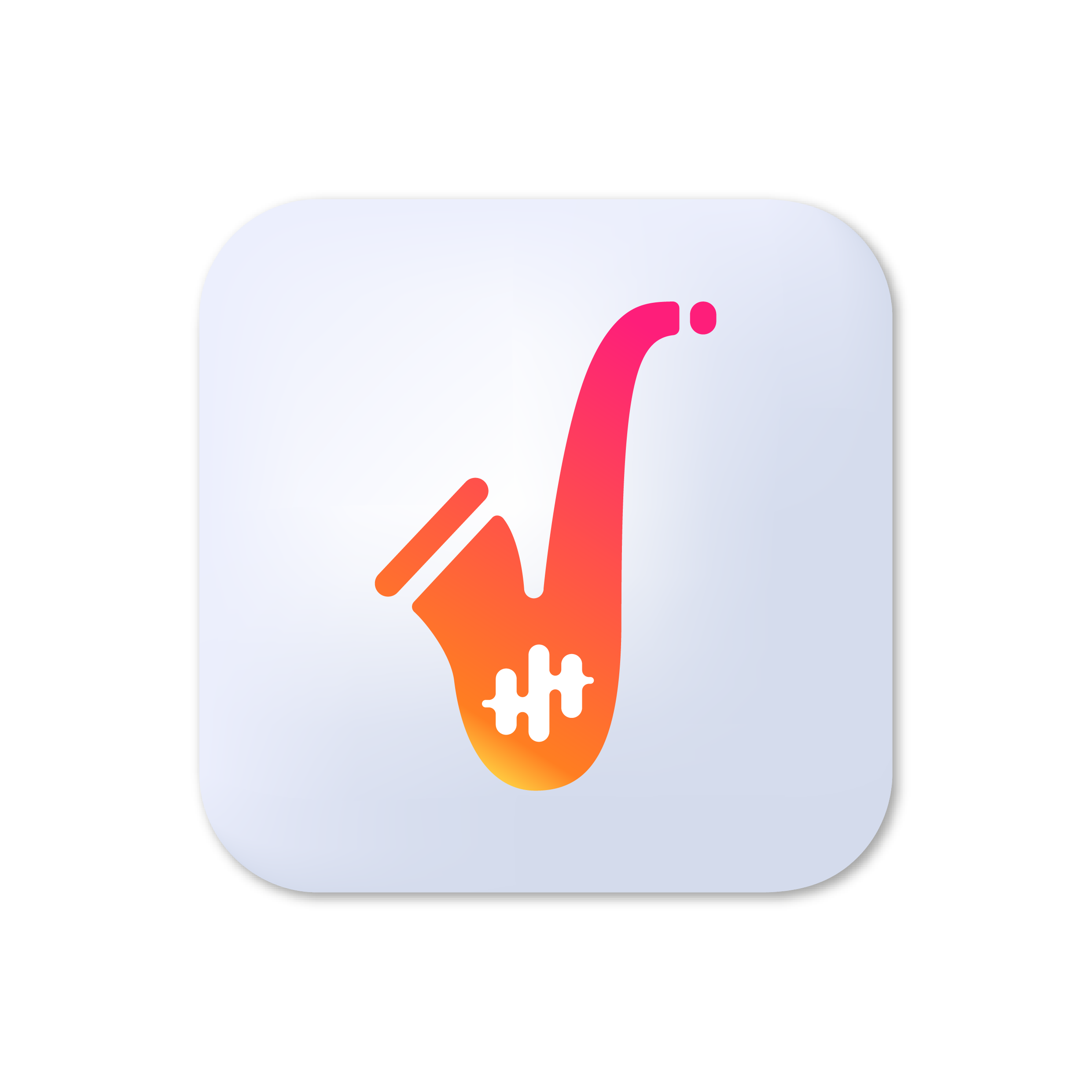 SaxConvert
SaxConvert
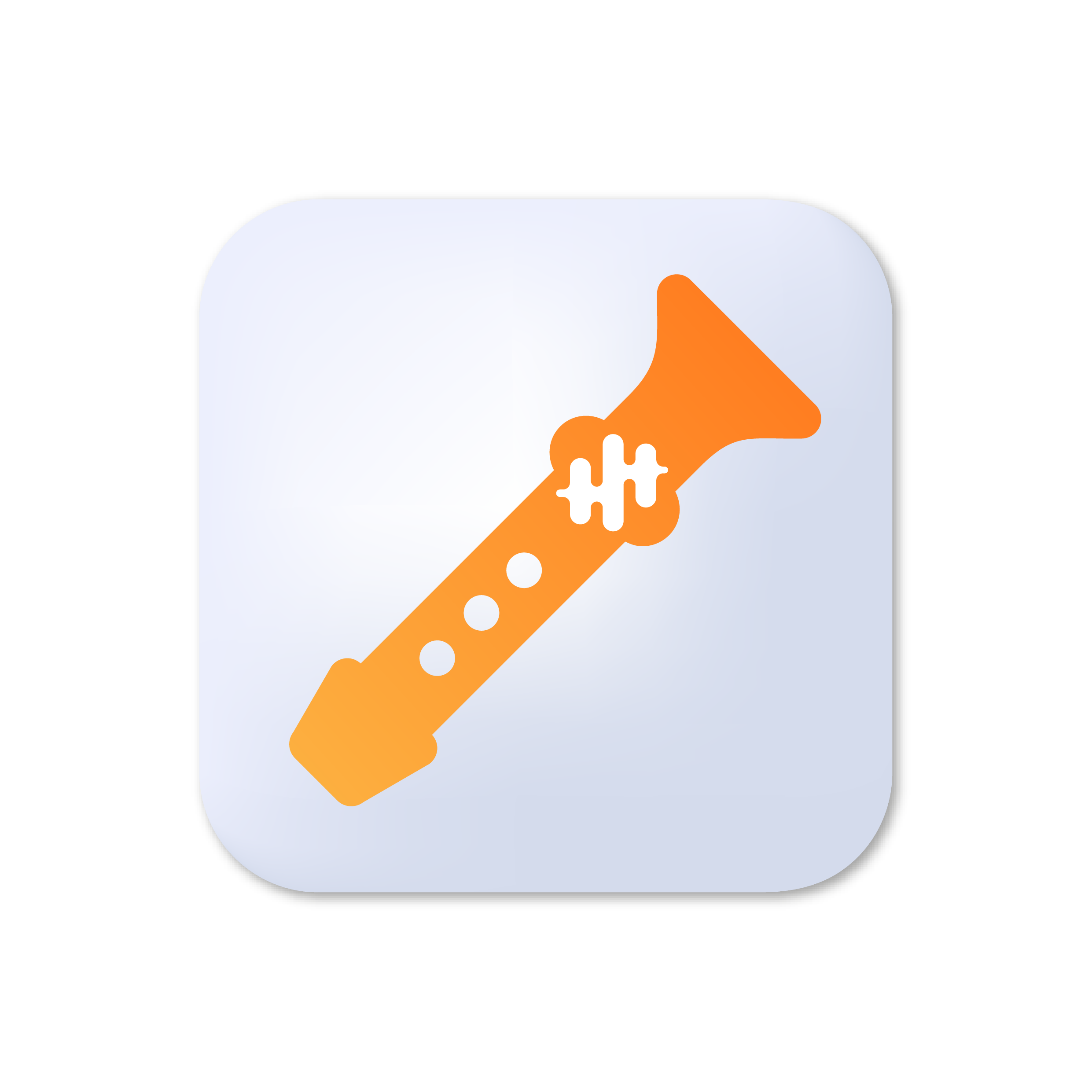 FluteConvert
FluteConvert
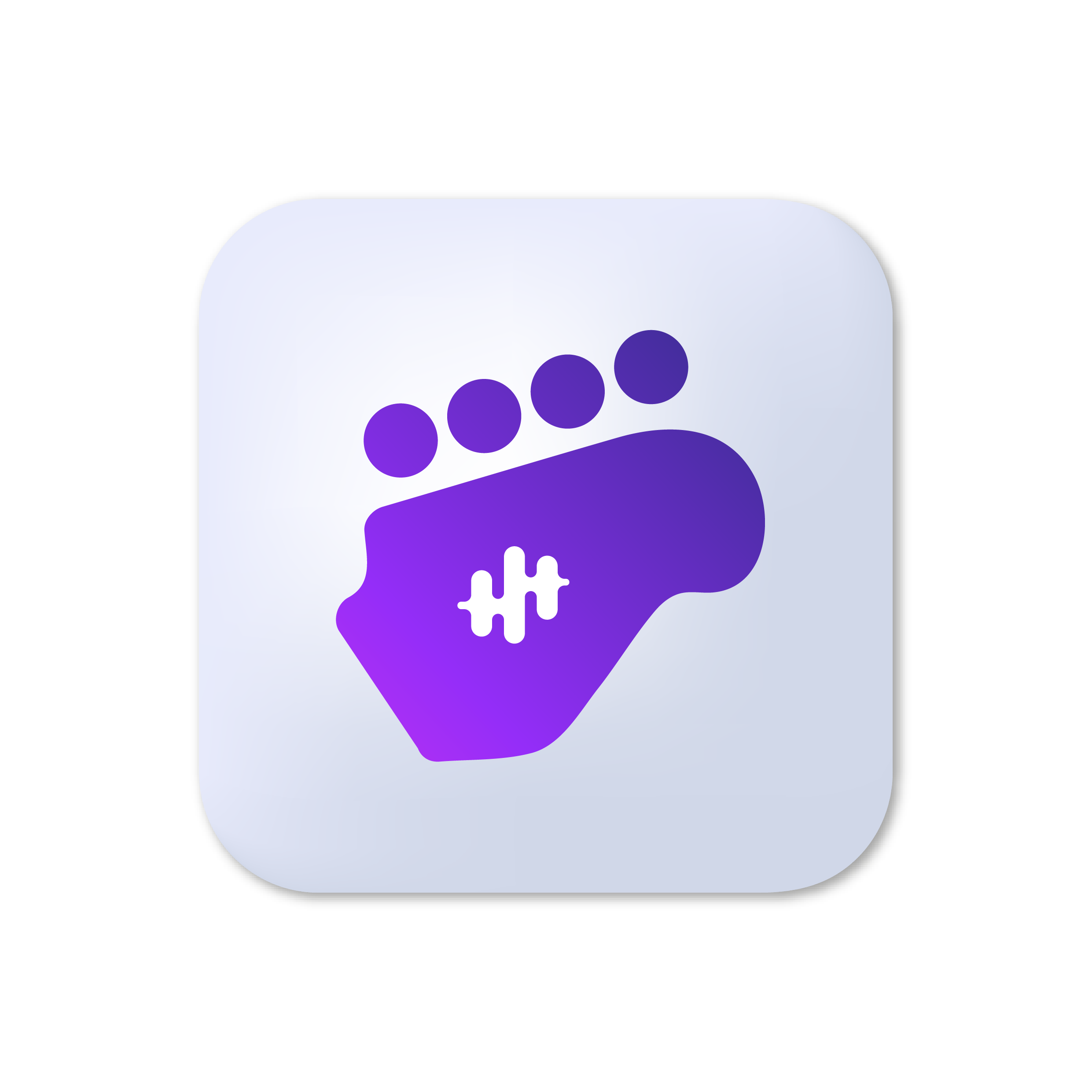 BassConvert
BassConvert
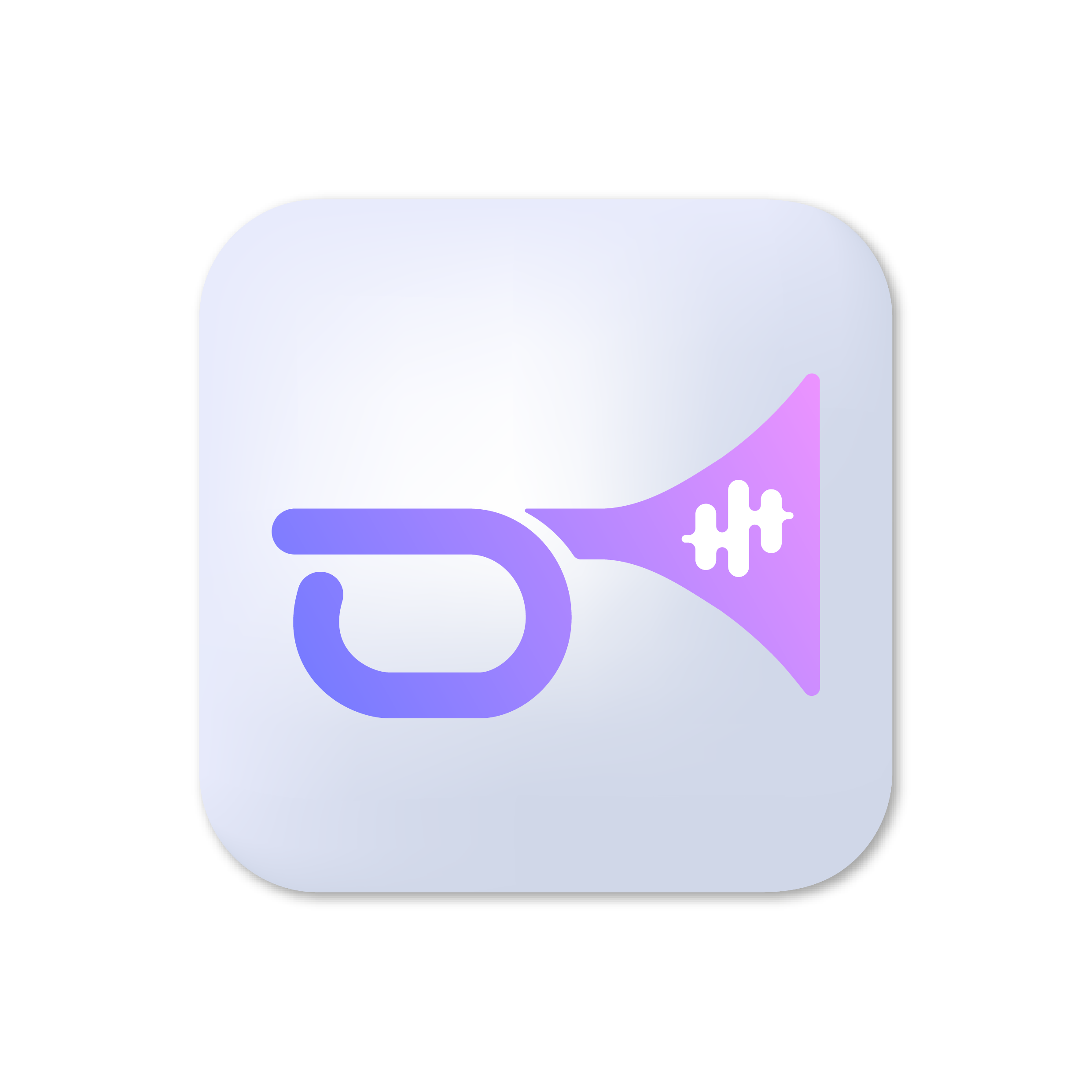 TrumpetConvert
TrumpetConvert
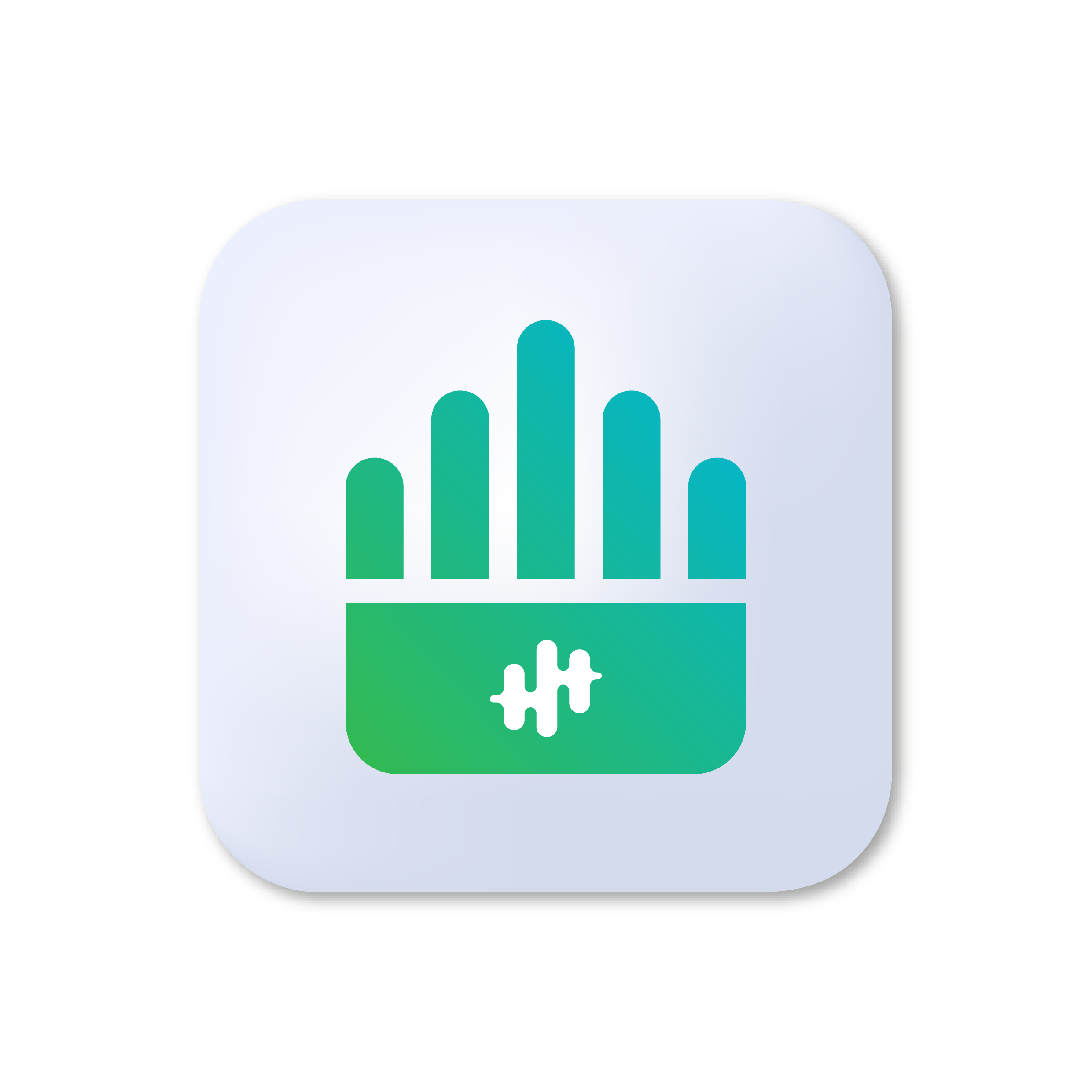 OrganConvert
OrganConvert
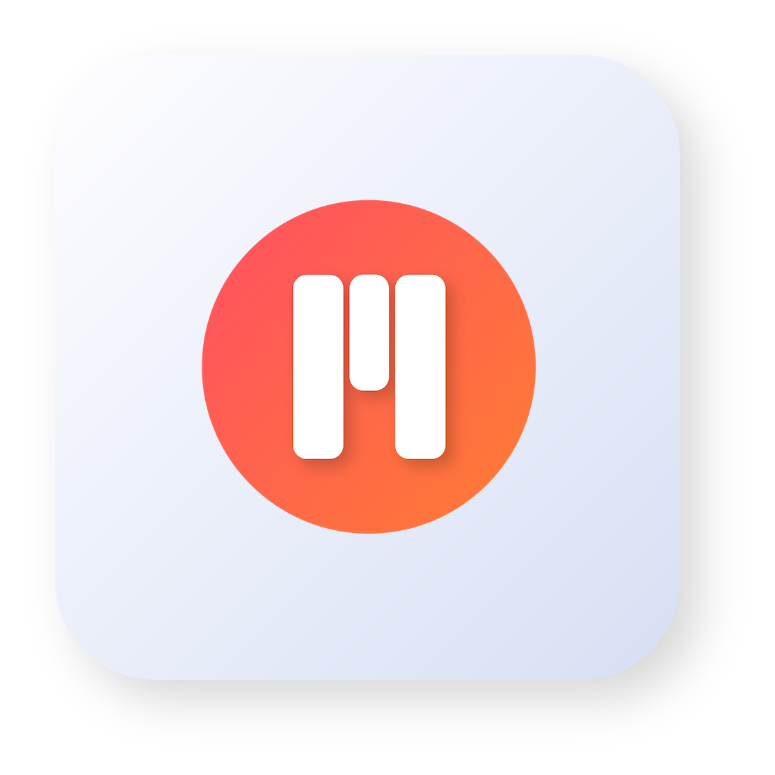 PianoGo
PianoGo
